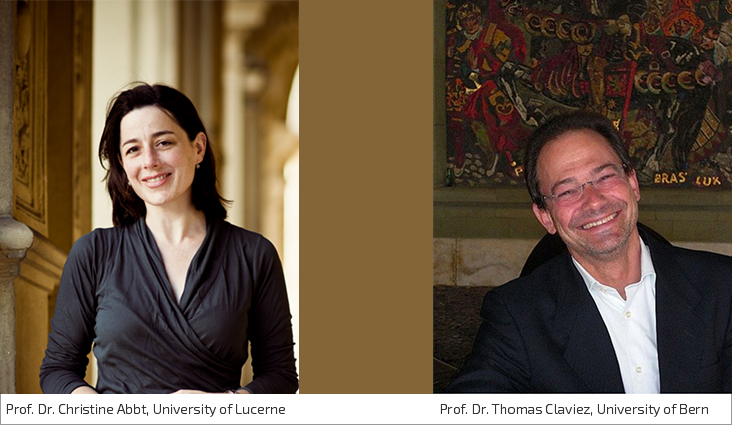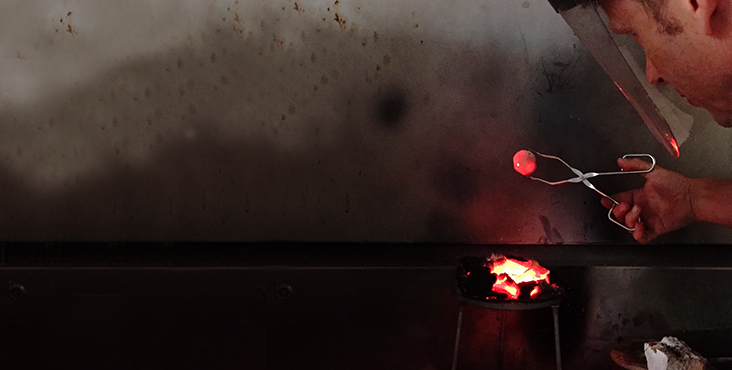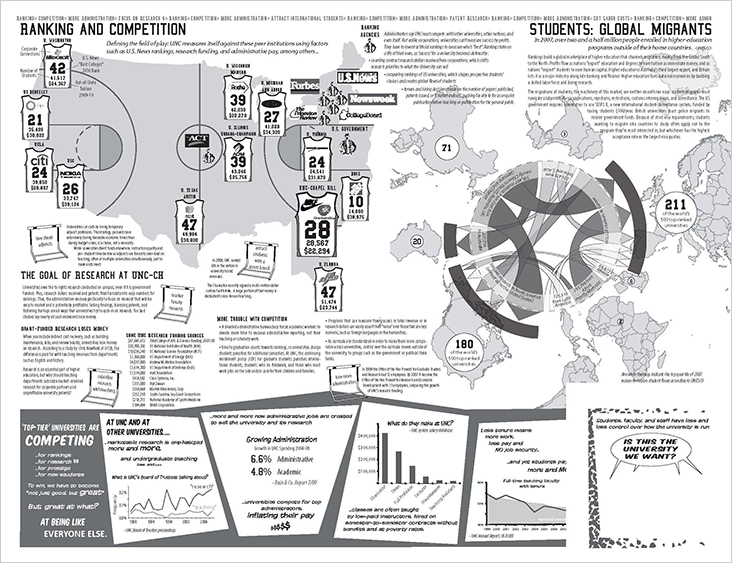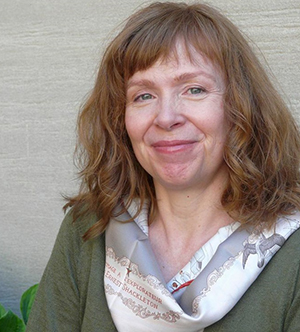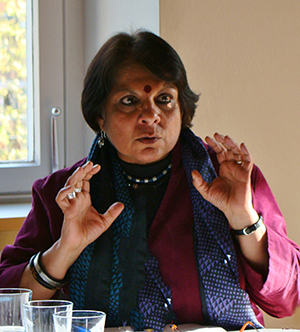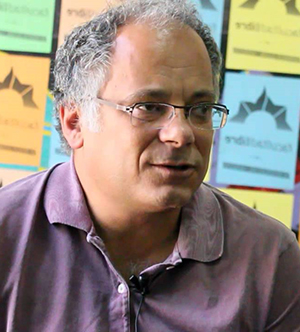A workshop about the transpositions of the concept of alterity in an interdisciplinary context.
7 – 8 December 2018, University of Lucerne
This workshop takes place in the framework of the consortium TransPositions.
Alterity is a concept discussed in all disciplines within the Humanities and often functions as a unifying concept in interdisciplinary research. As with so many concepts “transposed” from one context to another, it has widely differing denotations, connotations, and applications.
In addition to discourses conceptualizing alterity, studies related to terms in each language linked to the overarching concept likewise consolidate the terminological and conceptual jungle (e.g. English: foreigner, alien, other, stranger; French: l’autre, l’étranger, l’étrange; or German: der Andere, das Andere, der Fremde, das Fremde). And of course the concept has had its – more or less directly linked and highly flourishing – conceptual avatars such as identity, hybridity, difference, inter- and transculturality, liminality etc.
The present workshop has the aim of tracing and mapping the transpositions of the concept of alterity in an interdisciplinary context shaped by an almost uncontrollable methodological and theoretical eclecticism. Keynote speeches by the two invited professors, Christine Abbt (University of Lucerne) and Thomas Claviez (University of Bern), will frame the discussions of seminal texts theorizing alterity that will take place in the following two text sessions:
Text Session I “Democracy and Alterity” led by Christine Abbt
Geoff Boucher. “A Road Not Taken: Critical Theory after Dialectic of Enlightenment.” Rethinking the Enlightenment, edited by Goeff Boucher and Henry Martyn Lloyd. Lexington Book 2017. 221-246.
Judith Butler. Giving an Account of Oneself. Fordham University Press, 2005.
Christine Abbt and Susanne Schmieden. “Simulacra and Authenticity in Diderot’s ‚Sur le Salon 1765’ and ‚Paradoxe sur le Comédien’“. Diderot and 18th-Century Human Simulacra. Edited by Aurélia Gaillard and Marie-Irène Igelmann. Forthcoming Lumières, Presse Universitaires de Bordeaux 2018. (text will be sent to participants).
Christine Abbt holds a SNSF Professorship of Philosophy at the University of Lucerne, where she directs the Centre for Enlightenment, Critical Thinking, and Plurality. After completing German Studies, Philosophy and Religious Studies at the University of Zurich, she was academic assistant in Basel and Zurich, taught at several universities and was a guest researcher in the US, Australia, Germany, Italy, and Austria. In 2005, she received her doctoral degree from the University of Zurich on the topic of Speechlessness in Philosophy. In 2016, she became habilitated also in Zurich with a work on the relation between remembering and forgetting. Her key research areas are: political philosophy, aesthetics, and epistemology. Currently she is writing a monograph on the relation between democracy and forms of non-identity during the Antiquity, the Enlightenment, and the Present. Her monographs include Christine Abbt. Der wortlose Suizid. Die literarische Gestaltung der Sprachverlassenheit als Herausforderung für die Ethik [Suicide without Words: Literary Renderings of Missing Language as a Challenge to Ethics], Fink 2007; Christine Abbt. Ich vergesse. Über die Möglichkeiten und Grenzen des Denkes aus philosophischer Perspektive [I am Forgetting: On the Possibilities and Limitations of Thought Seen from a Philosophical Perspective], Campus 2016.
Text Session II “Alterity, Contingency, and the Difference of it All” led by Thomas Claviez
Thomas Claviez, “Done and Over With, Finally? Otherness, Metonymy, and the Ethics of Comparison.” PMLA 128:3 (2013), p. 608-614.
Thomas Claviez, “A Metonymic Community? Towards a Poetics of Contingency.” In Thomas Claviez, ed., The Common Growl. Toward a Poetics of Precarious Community. New York: Fordham UP, 2016. p. 39-56.
Emmanuel Levinas, Ethics and Infinity. Pittsburgh: Duquesne UP, 1985. p. 83-101.
-.- . Totality and Infinity. Pittsburgh: Duquesne UP, 1969. p. 194-219.
Thomas Claviez is Professor for Literary Theory and Co-Director of the Center for Global Studies (CGS) at the University of Bern, where he is responsible for the MA-program “World Literature.” He is the author of Grenzfälle: Mythos – Ideologie – American Studies (wvt. 1998) and Aesthetics & Ethics: Moral Imagination from Aristotle to Levinas and from Uncle Tom’s Cabin to House Made of Dawn (Winter, 2008), as well as the co-author, with Dietmar Wetzel, of Zur Aktualität von Jacques Rancière (VS, 2016). He is the co-editor of “Mirror Writing”: (Re-)Constructions of Native American Identity (Galda + Wilch, 2000), Theories of American Studies/Theories of American Culture (Narr, 2003), Neo-Realism: Between Innovation and Continuation (Winter, 2004), Aestetic Transgressions: Medernity, Liberalism, and the Function of Literature (Narr, 2006), and editor of the collections The Conditions of Hospitality: Ethics, Aesthetics and Politics at the Treshold of the Possible (Fordham, 2014) and The Common Growl: Toward a Poetics of Precarious Community (Fordham, 2016). He is currently working on a monograph with the title A Metonymic Community? Towards a New Poetics of Contingency, and on two editions of essays: Throwing the Moral Dice: Ethics and/of Contingency (Fordham 2019) and A Critique of Authenticity (Vernon, 2019).
Call for Application
For further information about the workshop, please have a look at the call.
You can now apply by sending a short CV and statement of motivation (300-500 words) to gsl@unilu.ch by September 3rd, 2018 (extended deadline) .
Keynote Speakers



